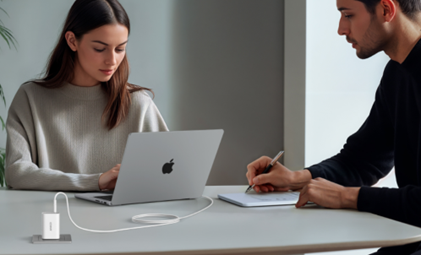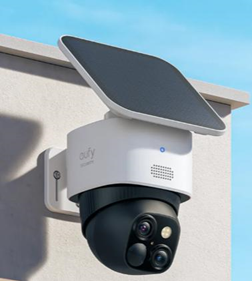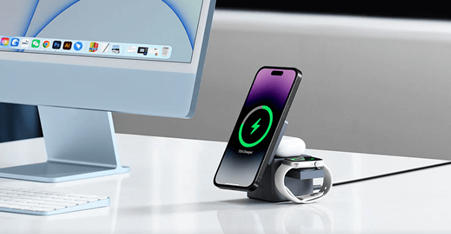Andrew Cunningham
reader comments
165
with 106 posters participating, including story author
Share this story
Share on Facebook
Share on Twitter
Share on Reddit
One particularly conscientious Google engineer, Benson Leung, is currently on an unusual mission: he's slowly working his way through a bunch of USB Type-C cables and adaptors stocked by Amazon, to check whether they are actually up-to-spec and capable of charging his Chromebook Pixel.
First things first: of the ten USB Type-C products that Leung has reviewed, only three of them were fully specs-compliant and capable of charging his Pixel. The three good cables (Belkin, iOrange-E, Frieq) were invariably more expensive (about £15/$20) than the seven duff ones (£6/$10). Obviously there may be some cheap cables that do fulfil the full USB Type-C specification, but Leung hasn't found one yet.
Enlarge
/
One of the offending micro-USB-to-Type-C adaptors that lacks the necessary hardware to comply with the Type C 1.1 spec.
The USB Type-C 1.1 specification allows for power delivery of up to 3A, which is enough juice to charge a laptop like the Chromebook Pixel. Previous USB specs, though, only allowed for power delivery of between 900mA and 1.5A. According to Leung, the problem is mostly related to how the cables deal with going from older Type-A or Micro/Mini connectors to the new Type-C connector.
For example, take a look at
Leung's review of the TechMatte Micro USB to Type C adaptor

. The adaptor's
product description
specifically says that it's for the OnePlus 2, Nexus 5X, and Nexus 6P—three new products that all have the new Type-C connector. Leung, however, warns that the adaptor's internals are not capable of living up to the Type-C 1.1 specification:
Advertisement
In short, the cable doesn't fulfil the full Type-C 1.1 spec. Or, in Leung's own words, "If you are a consumer looking for a cable that is compatible with Pixel, do not use this one."
Most of Leung's reviews follow a similar pattern. In
his review of the CableCreation Micro-to-Type-C adaptor
, he calls them out for using a 10kΩ resistor instead of a 56kΩ. "By using this cable, your phone, tablet, or laptop computer may attempt to draw 3A, which may be more than the micro-b to A cable you attach to this adapter may be able to handle. This may cause damage to whatever cable, hub, pc, or charger you plug into this," Leung concludes.
If you take a broader look at the reviews on Amazon, it seems most of these cheaper cables still work when charging a smartphone—but using them to charge a higher-power device such as the Chromebook Pixel (and perhaps the new MacBook) probably won't work, and may be quite dangerous.
For the time being, until cheap third-party USB Type-C cables and adaptors become a little more mature, it's probably a good idea to stick to official products from Apple, Google, or products created by reputable third parties. If you're a Chromebook Pixel user, Leung has helpfully provided instructions on
how you can check whether a Type-C cable/adaptor is up-to-spec
.
For more information on the (somewhat confusing) Type-C connector, and how it dovetails into other standards such as USB 3.0 and USB Power Delivery,
read our full explainer
.
Listing image by Andrew Cunningham









